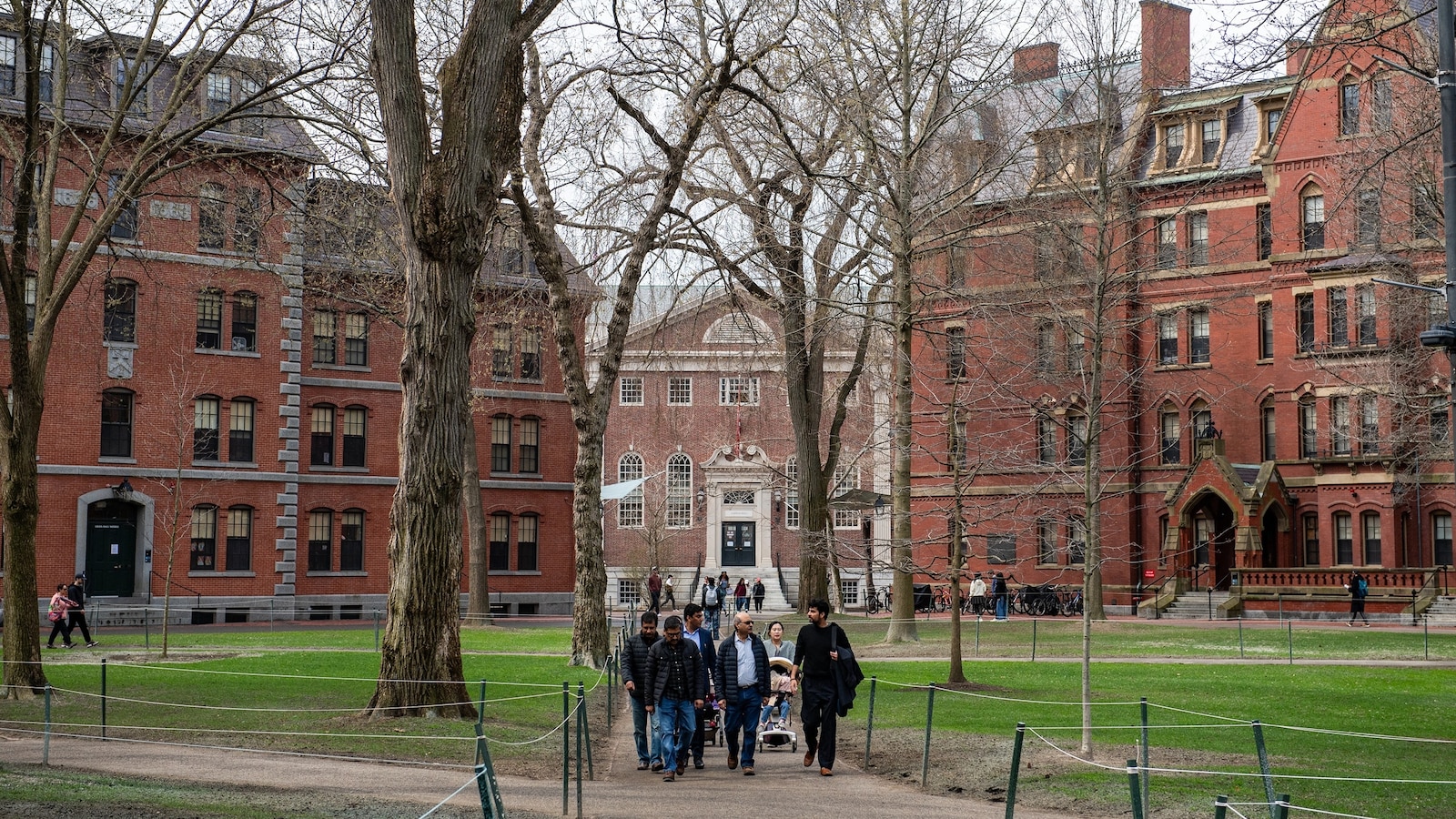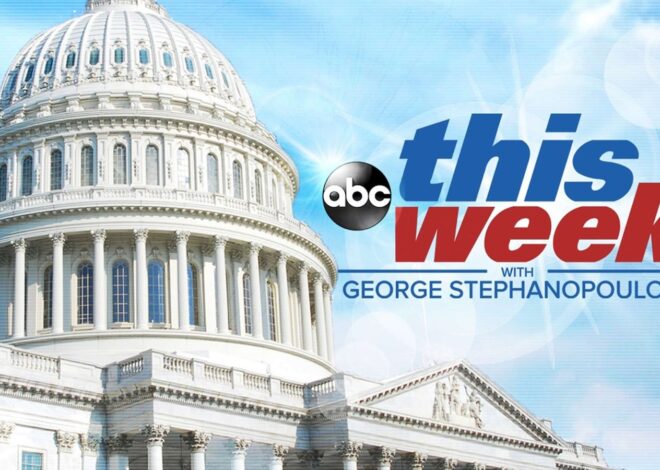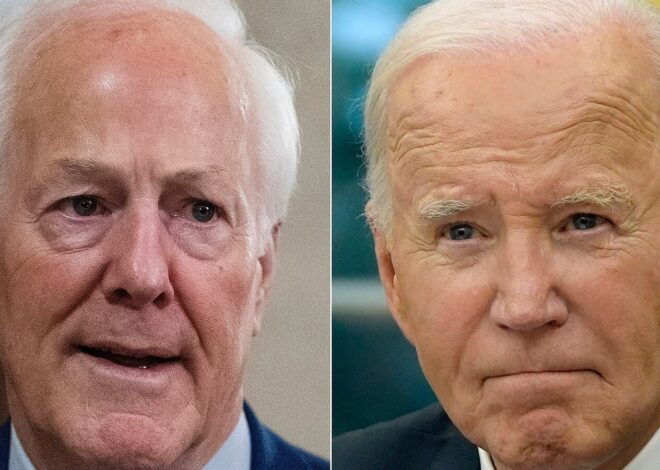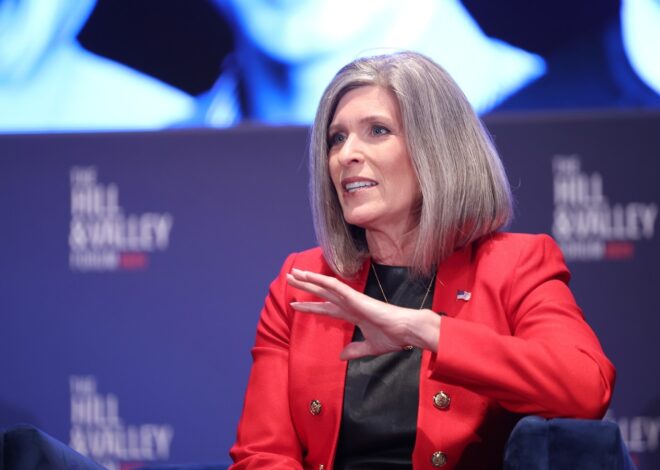
Trump Administration Prohibits Harvard from Admitting International Students
Harvard and the Administration: A Battle Brewing
Maybe this is how these stories always begin: a headline, seemingly insignificant at first, quietly nestled among the noise of everyday updates. But, slowly, it unfurls into something larger, shifting the ground beneath our feet. Recently, an escalating conflict has come to light-one that involves Harvard University and the Trump administration. The move marks an escalation, and it seems like a storm is brewing.
The Trump administration’s recent decision to bar Harvard from allowing international students to enroll is a significant twist in their ongoing saga. The university’s loss of the Student and Exchange Visitor Program (SEVP) status means that noncitizen students are suddenly in a precarious position. This isn’t just administrative red tape; it’s a fundamental change that affects many lives. Harvard, a place where scholars from over 140 countries converge, is facing a challenge that strikes at the heart of its diversity and global appeal.
The Department of Homeland Security, led by Kristi Noem, cited various reasons for this drastic step. The accusations are serious: failing to comply with requests for information, fostering an unsafe campus environment, and promoting pro-Hamas sympathies. Noem’s letter to Harvard criticized the university for employing what she described as racist “diversity, equity, and inclusion” policies. It’s a bold statement, perhaps reflecting broader cultural and political battles being waged in society. Some might say it’s a clash of values, a struggle over what American universities should stand for.
On the other side, Harvard is standing firm. They have called the administration’s action unlawful, emphasizing their commitment to their international community. The university’s statement speaks volumes: they are determined to maintain their global academic mission, asserting that this move undermines not just Harvard, but the nation’s standing as a beacon of education and research. Perhaps there’s a sense of frustration mixed with defiance in their words.
It’s not just about legalities and bureaucratic procedures. Noem’s demands for information from Harvard included details on student visa holders’ activities-anything from protests to coursework, and it paints a picture of a tense relationship. The implication is clear: the administration views the enrollment of foreign students as a privilege, not a right, and is determined to enforce this perspective. There’s an air of strict enforcement and perhaps an undercurrent of distrust.
This story feels like it’s still in its early chapters. The implications are broad, affecting students, faculty, and potentially the very ethos of universities across the United States. Noem’s words about rooting out anti-Americanism and antisemitism indicate a wider agenda at play, something that goes beyond Harvard alone. The consequences might ripple through the academic world, sending messages and setting precedents.
It’s easy to feel like we’re on the edge of something significant, watching a narrative unfold with layers yet to be peeled back. As this story develops, it will be essential to watch how both sides navigate this complex and charged situation. For those interested in keeping up with the latest, more details can be found in reports like those from CNN, which provide ongoing coverage of these developments.
This is a developing story. Please check back for updates.
For more context, see this background on US politics.



